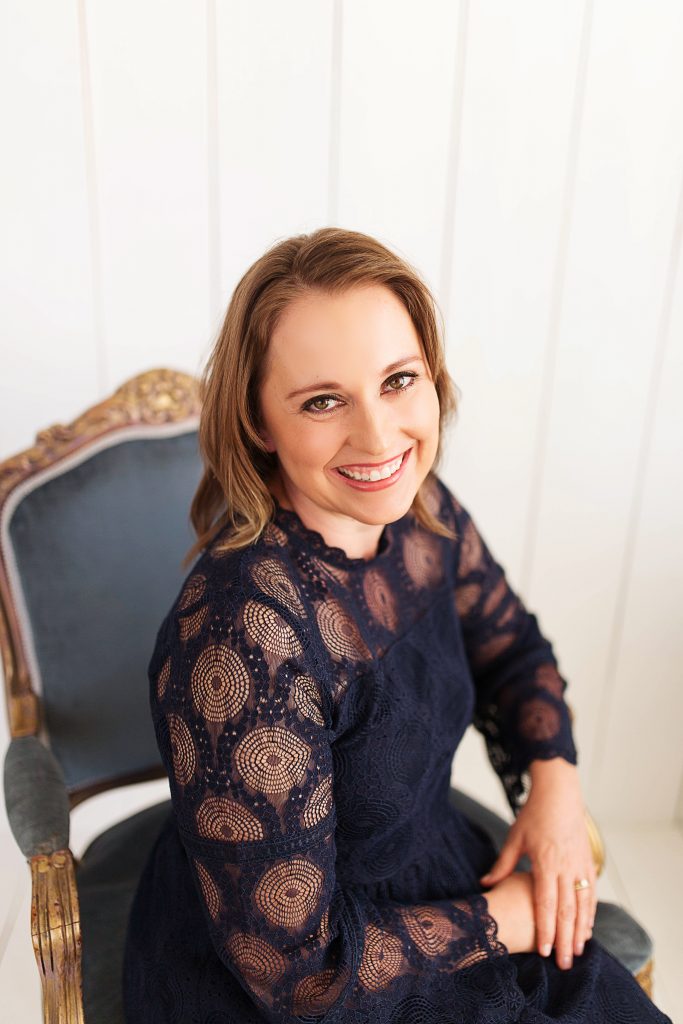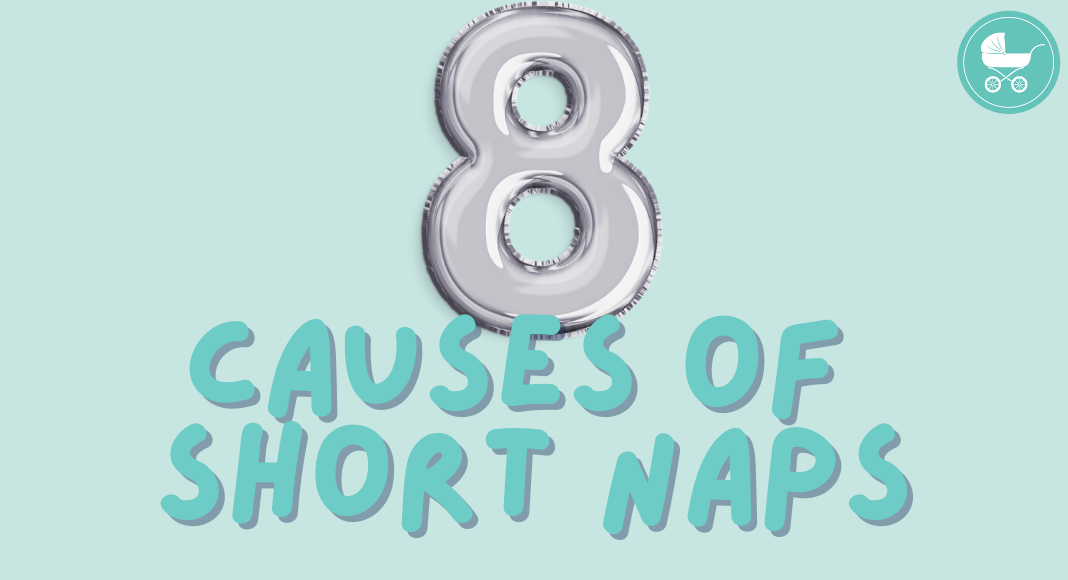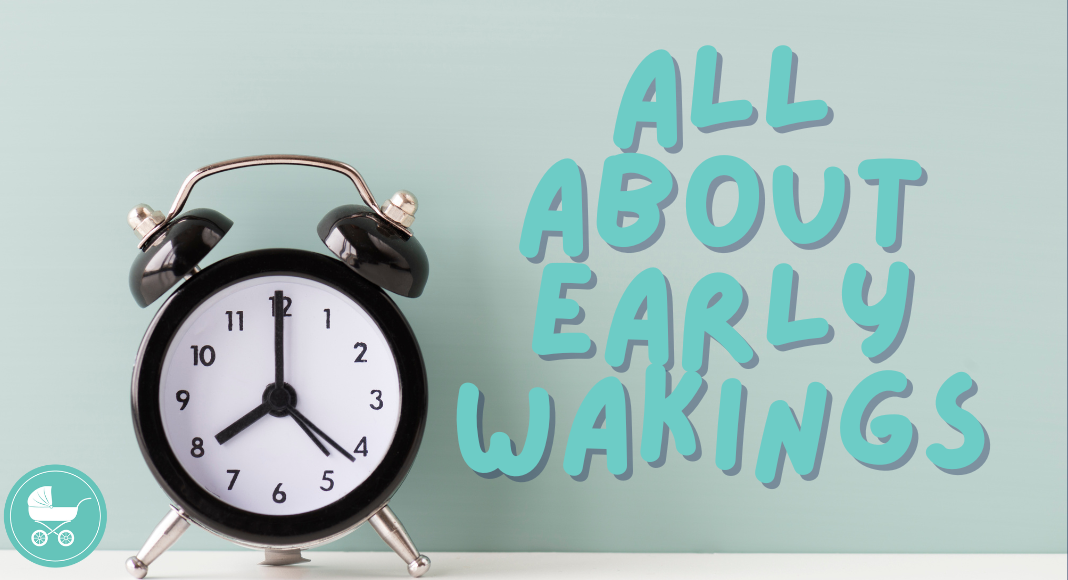
October 16, 2017
I’m just going to say this right off the bat and get it out of the way: You have my permission. Maybe you’re asking, “Why is this stranger giving me permission and for what are they giving me permission?” Let me explain. We are strangers, yes. But, we do have this one common thread that […]
You Have My Permission

I’m just going to say this right off the bat and get it out of the way: You have my permission.
Maybe you’re asking, “Why is this stranger giving me permission and for what are they giving me permission?”
Let me explain. We are strangers, yes. But, we do have this one common thread that binds us together: We are moms. We are new moms. We are moms that have been in the mom game for a while, we are step-moms, we are adoptive-moms, we are foster moms. Whatever kind of mother you are, being just that allows you access to this club. So, this is what we have in common: the shared experience of raising children.
And with that experience comes so much. So, so much of everything. Let’s see, there’s happiness and love and the overwhelming feeling you get sometimes just wondering how you got so lucky to have this precious little being that depends on you for everything. Conversely, there are the feelings of being completely overwhelmed, sad, mourning life before you had kids, and the guilt — mom guilt.
What I’ve described really only scratches the surface. Now throw in other factors: maybe you’re a single mom, maybe your partner has a job that carries them away for long periods of time, maybe you don’t have a support system, maybe you’re struggling with postpartum depression (PPD) or anxiety, maybe you’re a mom who’s struggling to balance your career and shifting relationships with partners and friends. There’s a host of other “maybes” that could be added. The point is: we’ve got a lot on our plate, not only physically, but emotionally. Because our plates are so overcrowded, we have to give ourselves time for a mental, physical and emotional break; we can’t go and go and go without refueling.
So this is where the permission comes in. Who gives us permission to take a break? Who gives us permission to take care of ourselves? Sometimes someone in our support system will give us permission. That’s fantastic. Sometimes our partner gives us permission. That’s great. Sometimes, we have to give ourselves our own permission. If you’re in a place, perhaps because of mom guilt, where you can’t give yourself permission for self-care, then I’m doing it for you. You have my permission to take a break. You have my permission to do something for you.
That’s all well and good, right? But how do you actually get to that place where you can allow time to care for yourself? What do you do when you’re deep in the woods? That’s what I call the time period between bringing baby home and returning to the point of showering, eating 3 square meals a day and feeling like cognitive function is almost fully restored. When you’re in the woods it’s hard to brush your teeth, much less take time to do something really restorative for yourself.
This is where expectation has to meet reality. For each of us, our expectations and our realities lie on different plains. As a new mother of infant twins, who just quit her career, was battling PPD, didn’t have friends around that could relate to my new life and didn’t have any family nearby; I had to reexamine what self-care meant. Self-care at this point in my life looked very different than self-care on a double income without kids.
Next, I had to really look at where I could actually get time to do my self-care. How could I restructure the day or change the schedule to allow a few extra minutes? Sometimes, I am able to fit it in small parts of my day, while my girls are napping or while they are playing together. Mind you, they are still babies so these windows aren’t large. I looked at where I could cut corners or make compromises with myself. One example of this is cutting out repetitive things, like routine chores that don’t necessarily have to be that routine. For me it was realizing that I don’t have it in me anymore to keep a perfect house. Other times, I scheduled my self-care to happen once my husband gets home, after the babies go to bed, or when my sitter is here. Other times I actually do the self-care while watching or playing with my girls.
Another thing I did was look at where I could spend my limited financial resources to yield long-term self-care benefits. For me, it was counseling to help overcome my PPD and hiring a sleep consultant. These were the two best things I did to care for myself and help me be the mom I want to be. A plethora of studies have been done on sleep deprivation and new parents. You don’t even have to read any of these studies to guess the impacts a severe lack of sleep have on new parents. If you’re looking at other factors like PPD, sleep deprivation certainly doesn’t help that either. Hiring a sleep consultant was paramount in enabling me to get the sleep I needed, the sleep my babies needed, and in overcoming my postpartum depression. It was the best self-care decision I’ve made to date.
Thinking outside of the box was something else that had to be done in order to figure out how to retreat and recharge. Like I mentioned, expectations had to be different. They had to be lowered — a lot. Sometimes self-care means taking a bubble bath. Maybe it means listening to a great podcast you enjoy while caring for your kids (I highly recommend the “One Bad Mother” podcast-episode 208 & 210 that specifically deal with self-care). Perhaps self-care looks like leaving your kid in their crib for 5 minutes while you step outside and use those 5 minutes to pray, meditate or just breathe in fresh air. Even plopping your child down in front of the TV, so you can sit and enjoy a cup of hot coffee could be a form of self-care. Think outside of the box and find these little activities that YOU enjoy and will enable you to recharge. Remember that thinking outside of the box could also mean simply asking for help. It’s okay to ask your partner or someone in your support system to help you — this especially rings true if you are a new parent at home with a newborn and a revolving door of visitors. Nobody gets to visit for free if you don’t want them to do so — put them to work! Ask them to hold the baby while you shower, ask them to do a load of laundry, ask them to bring food! The biggest key to self-care is doing it without allowing yourself to feel guilty, because there is nothing wrong with taking care of you.
So, to start your self-care consider the following steps:
1. Align your expectations to your current reality.
2.Look for where you can make extra time by cutting things out or compromising with yourself.
3.Use your financial resources to get the biggest self-care bang for your buck.
4.Think outside of the box.
5.Don’t allow yourself to feel guilty about caring for yourself. Everyone deserves a break.
I wish you luck on your journey to self-care. I hope it’s the start of something that will truly become part of your daily life. And just in case you’re not in a place where you or anyone else can give it to you, you’ve got my permission to start this journey.
Sweet Dreams,
Lenny Ann Kucenski
Southwestern Region Sleep Consultant

Get instant access to our free sleep class for children from newborn to 5 years old. You will learn how to get your child to sleep independently -- and all through the night!
Get Your Child To Sleep All Night Long in as Little as 7 Days!
join the free class
THE CLASS


